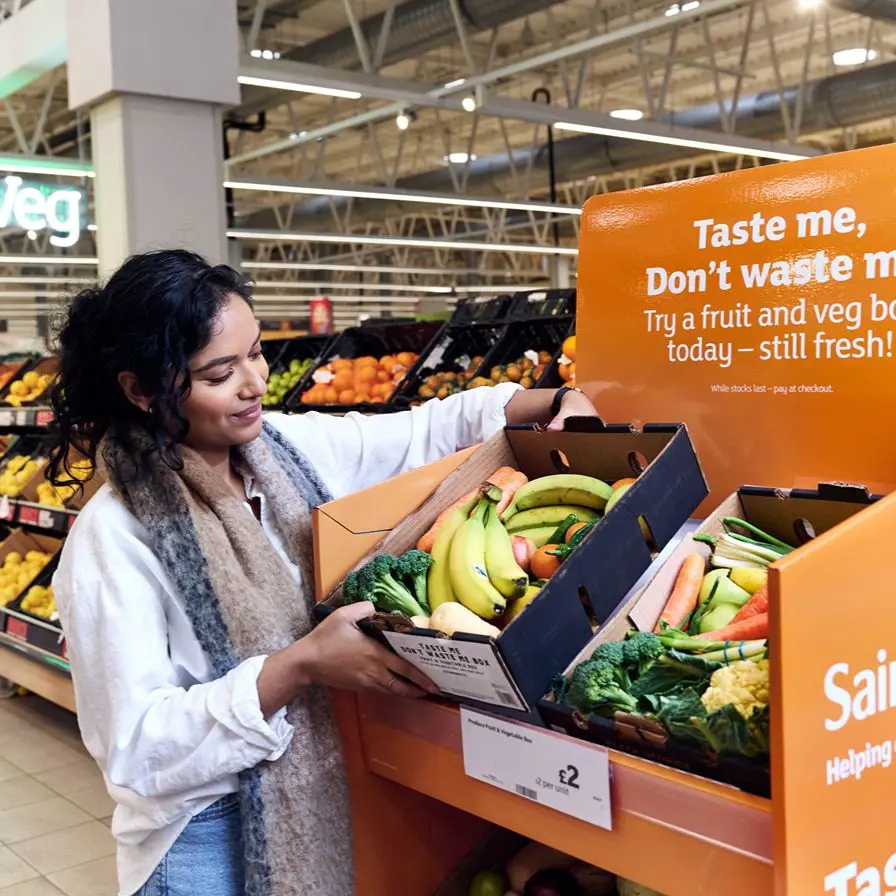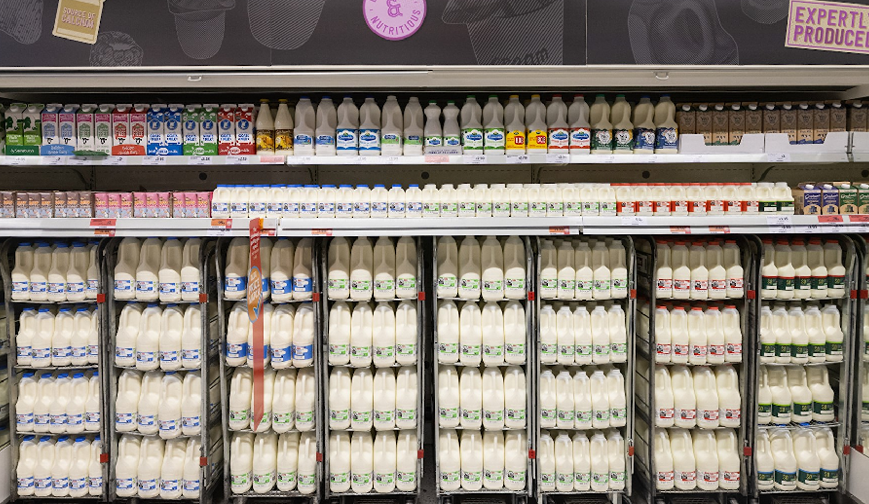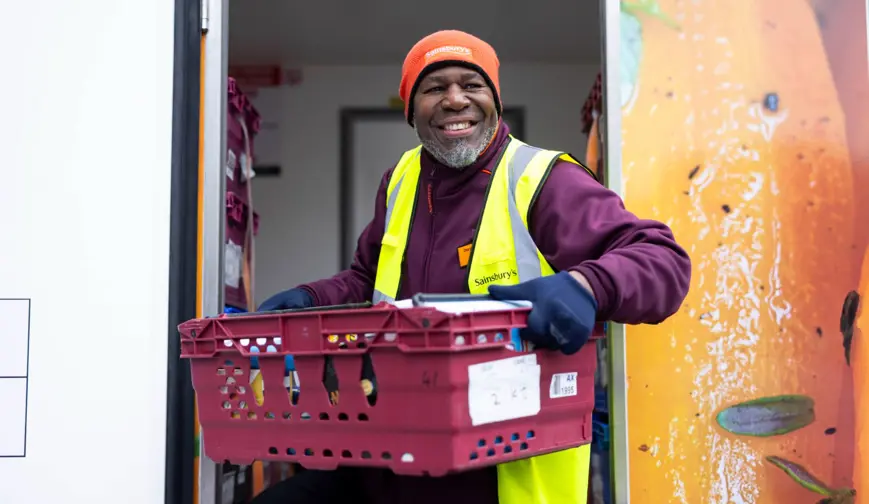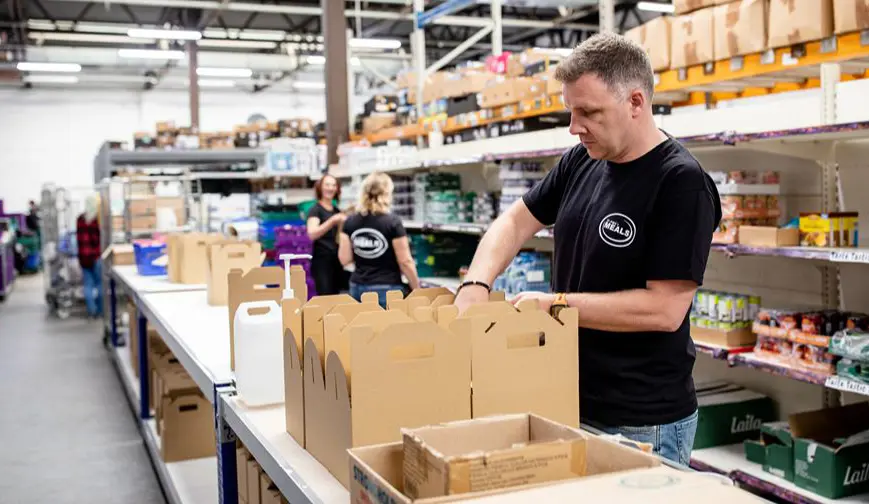50% reduction in surplus food sent to anaerobic digestion by 2030
Globally, around 30% of total food produced is either lost or wasted and with food insecurity rising we need to act.
Good food shouldn't go to waste and so we are taking action in our supply chain and own operations but also with our customers and our communities . We are working with our farmers to reduce food waste across our supply chain and to reuse waste as feed for animals. We are helping customers to make more informed choices about the food they buy. And where there is surplus food in our stores, we are partnering to support our communities through donations to help more people access good, nutritious food.
Our ambition
Our progress and highlights
of surplus food was saved from going to waste in 2024/25
meals were delivered to people and communities in need in 2024/25
more surplus food redistributed to communities versus our 2019/20 baseline
surplus target introduced in store
Our areas of focus
In our supply chain
In our own operations
In our customers’ homes
Redistributing food to communities in need
Reusing waste

Remove ‘best before’ dates
We are committed to helping our customers reduce food waste. In line with WRAPs guidance we have removed ‘best before’ dates from over 1500 products lines to encourage customers to check freshness and avoid waste.
One example of this is within our own-brand milk range. WRAP has reported that over 490 million pints thrown away each year, often because the milk has passed its use-by date. By swapping use-by dates for best-before dates across our own-brand milk ranges we are helping customers to become more aware of checking for freshness and are supporting them with reducing waste. We were the first major retailer to make this change in September 2023, demonstrating our commitment to being a leader in this space.

Innovating to reduce food waste and carbon
In a UK first, from March 2025, 30 of our Emerald Park HGV delivery trucks are powered using food waste as an alternative to diesel. Converting surplus food that’s unfit for human consumption into biogas via anaerobic digestion saving over 3,000 tonnes of carbon dioxide per year.

In partnership with Olio
In 2024, we stepped up our efforts to maximise the amount of food we give to people and communities via the roll out of our partnership with food waste app Olio, helping us redistribute products with a ‘use-by’ date.
Through our partnerships, 17.6 million meals were delivered to people and communities in need in 2024/25.



